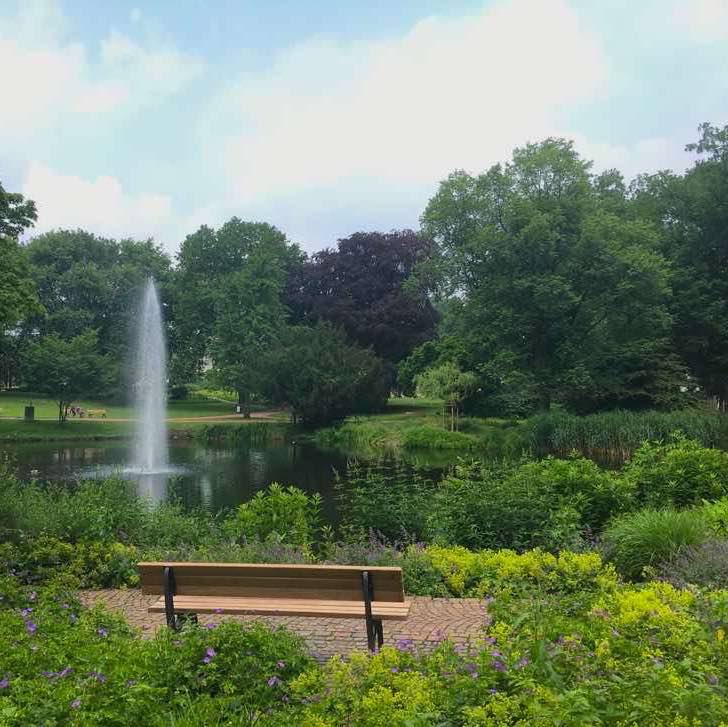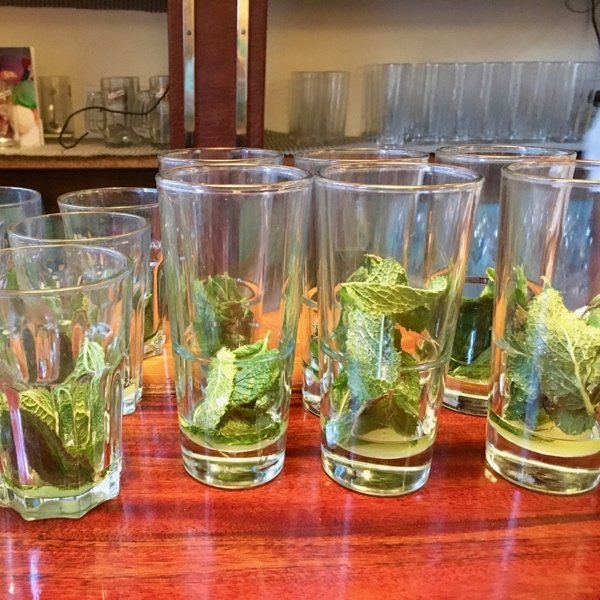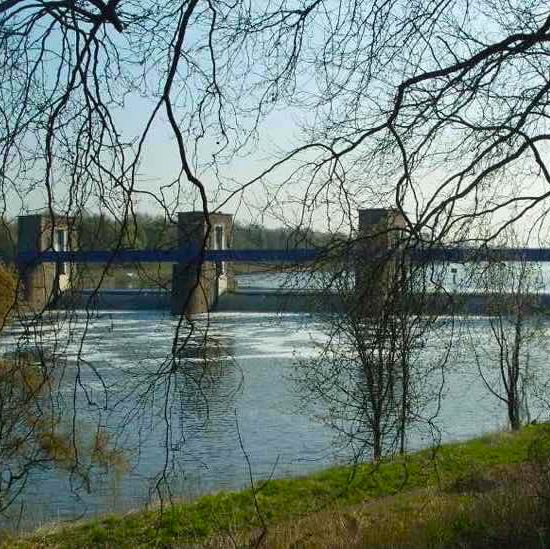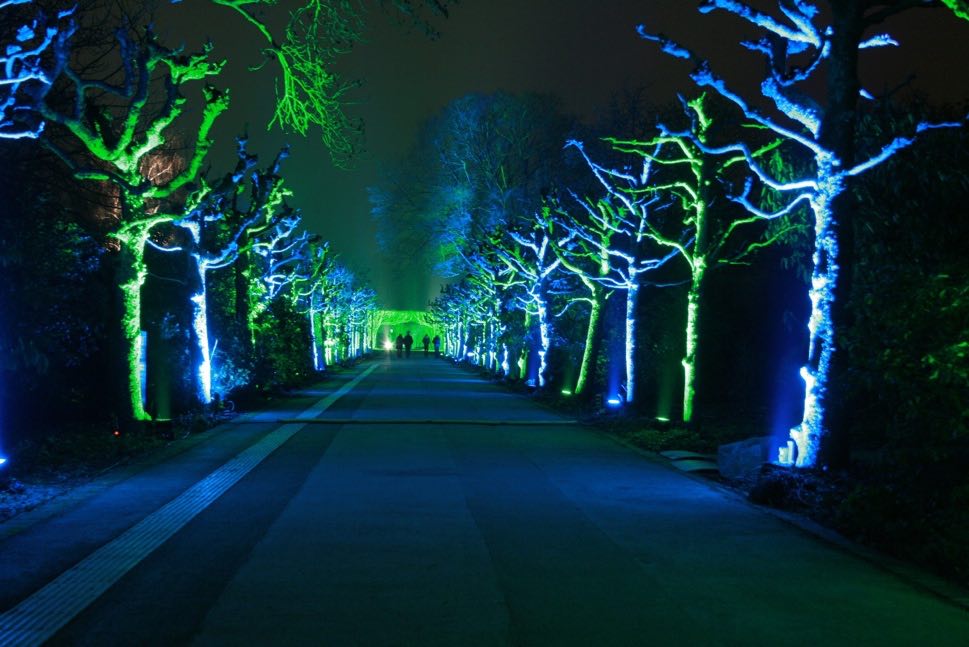Surroundings
LOCAL TOWNS NEAR THE RUHR
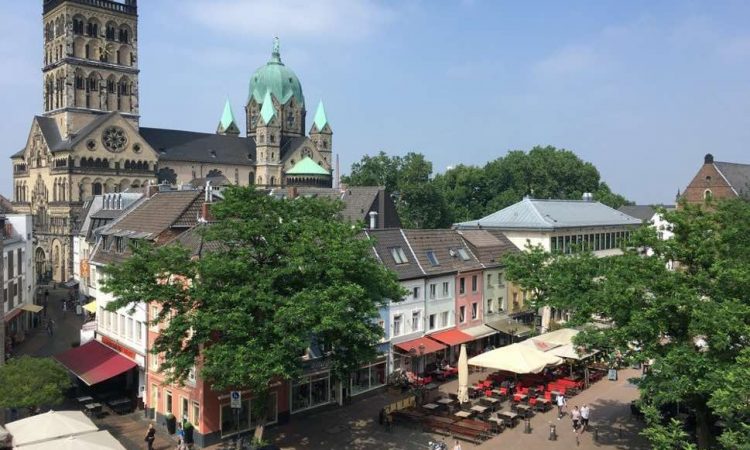
A few towns such as Neuss, Ratingen, Krefeld, Mönchengladbach and Solingen are all to the south and south-west of the Ruhr Metropolis. With their history and structures they can be considered interesting examples of midsized town development in NRW.
Neuss
Over the river from the state capital Düsseldorf lies one of the oldest settlements in Germany. Neuss, with 165,000 inhabitants is a midsized town and is growing constantly. Its history goes back to the time of the Romans. Even today it is possible to admire the historical Kybele site from the 4th century and other remains. The main landmark of Neuss is, however, the basilica Quirinus Munster. This late-romantic cathedral was built at the beginning of the twelfth century and is an imposing building. The unusual museum Insel Hombroich is also highly interesting. Situated in a park meadow, terraced scenery of 12 pavilions has been created. Works of art are displayed in these buildings, which are themselves an art form.
Ratingen
Ratingen is to the south of Duisburg and in the northwest foothills of the Bergisches Land. With just 93,000 inhabitants Ratingen is a small to medium-sized town. It is already so old that the first settlements are no longer noticeable. A real museum treasure is the Industrie museum Cromford. With the help of the first factory in the whole of mainland Europe, the cotton-spinning mill Brügelmann, the early industrialisation and the introduction of factories is impressively explained. The town also offers nature, parks and recreation areas that include two large lakes.
Solingen
Due south of Essen lies the industrial town of Solingen, known internationally for its knives. Named the blade Town, Klingenstadt , the town’s name is a protected brand for high-class knifes and shears. Some 90% of the German knife industry is based in Solingen. Geographically, Solingen is located in Bergisches Land but culturally still belongs to the Rhineland. The town itself is a union of several boroughs so it has no real central hub but many small centres. Walking through Solingen, the contrasts of rural and urban scenery as well as industry and residential spaces are striking. Many green areas, which were once deserted brook valleys between the boroughs offer recreation oases in the middle of the town.
Mönchengladbach
A little farther afield to the south-west of the Ruhr Metropolis is the borough of Mönchengladbach, which originated from the union of the towns of Rheydt, Wickrath and Mönchengladbach in 1975. With 270,000 inhabitants it constitutes an urban centre on the left of the Lower Rhine region and this signifies the atmosphere of the town; it offers many parks and woods to maintain its rural charms. A very nice sight is the moated Rheydt castle. It is embedded in ditches and surrounded by a typical landscape in the Lower Rhine. The football club Borussia Mönchengladbach is also a trademark of the town.
Krefeld
Not too far to the south west across the Rhine from Duisburg and bordering on the Ruhr Metropolis lies Krefeld. It was the European centre of silk and velvet production during the 18th and 19th century. Hockey fans know Krefeld due to the Krefelder Penguins. Animal lovers visit the Krefelder zoo with its 1,300 animals. Cycle paths lead straight through the centre, enabling the town to be experienced from several angles. The landscape protection areas, windmills and districts of Uerdingen and Hüls form a contrast to the main centre.
By Vincent Green, Jul 27 2021
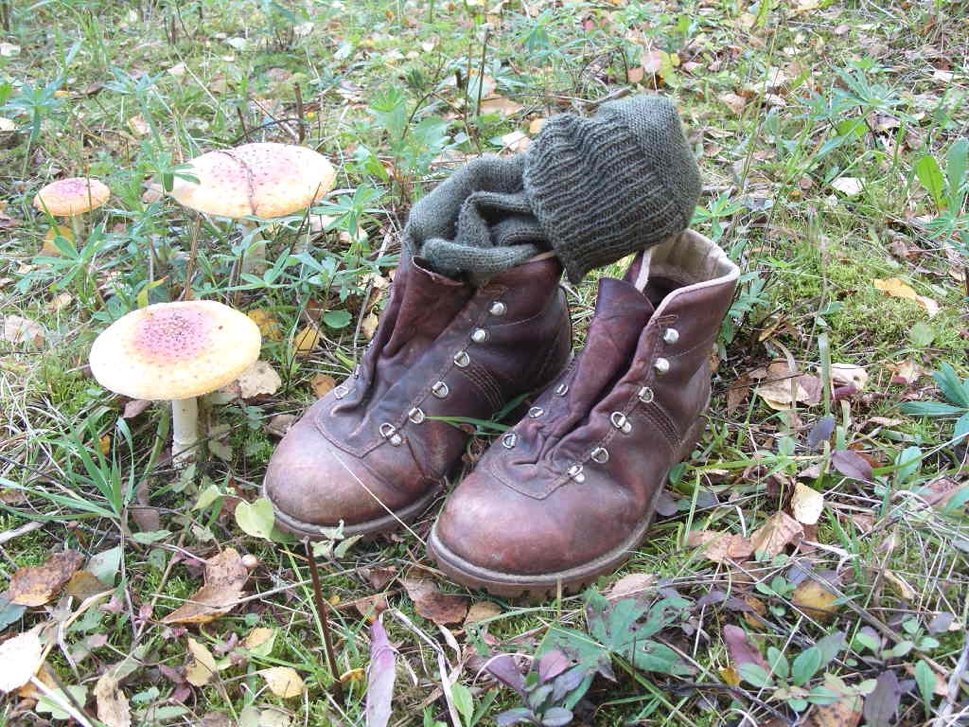
HIKING IN RUHR
Many open spaces entice hikers into the surrounding countryside. Try heading out to wonderful hillsides and woodlands or reclaimed industrial areas. The Ruhr region also offers pathways and trail around impressive lakes or former important waterways.
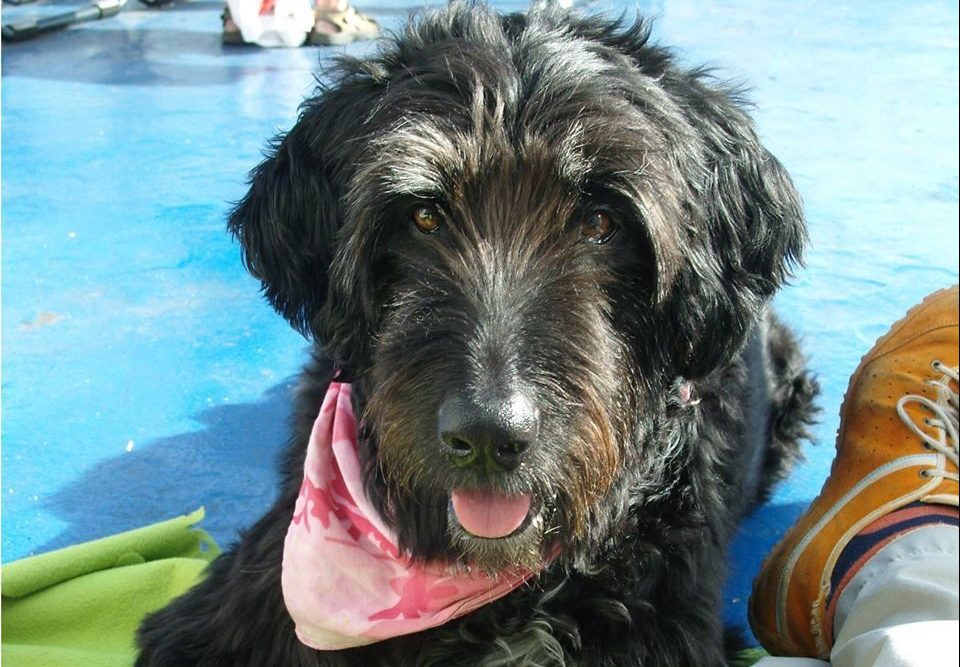
PETS IN RUHR
Germans, on the whole, love and respect pets and are friendly towards dogs. Dogs are permitted on public transport and inside restaurants but keeping a pet on a leash is a must. Dog ownership in the Ruhr Metropolis is highly regulated, while the national is populace is, in general, very dog friendly.
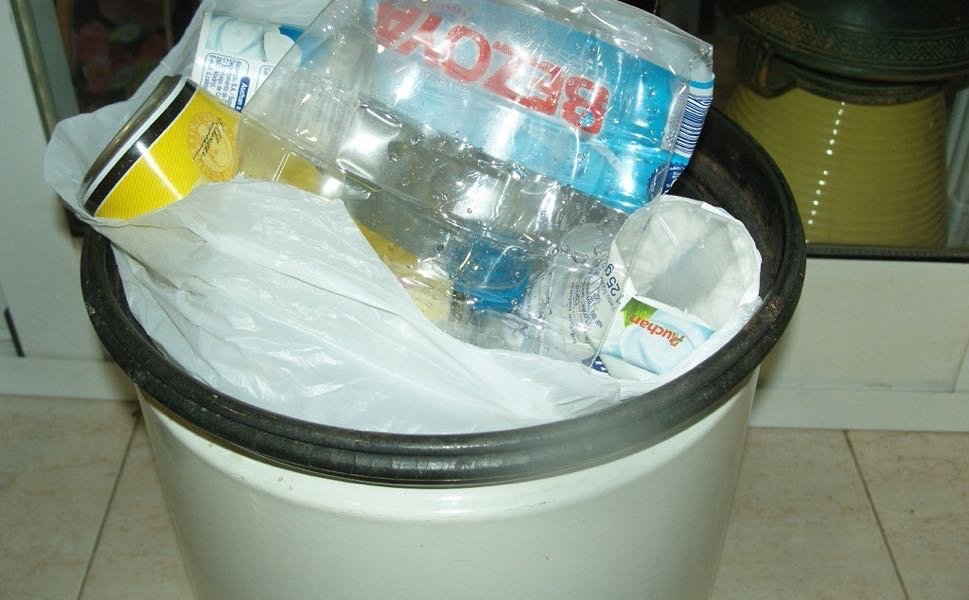
WASTE & RECYCLING IN RUHR
Recycling starts in the home. Aiming to save important resources, the Germans introduced a deposit system very early on. Complex and detailed recycling reflects famously meticulous administrative methods. Coloured bins are available for separation at home and on the streets all across the Ruhr Metropolis.
The Events Overview
From stunning light shows to funfairs, Christmas markets to marathons, jazz to reggae music gigs and long standing festivals, living in the Ruhr offers many great reasons to celebrate. Virtually any excuse creates an opportunity for street activities where a kaleidoscope of events take place every year. Photo Ruhr Tourismus / Eckhard Spengler.

